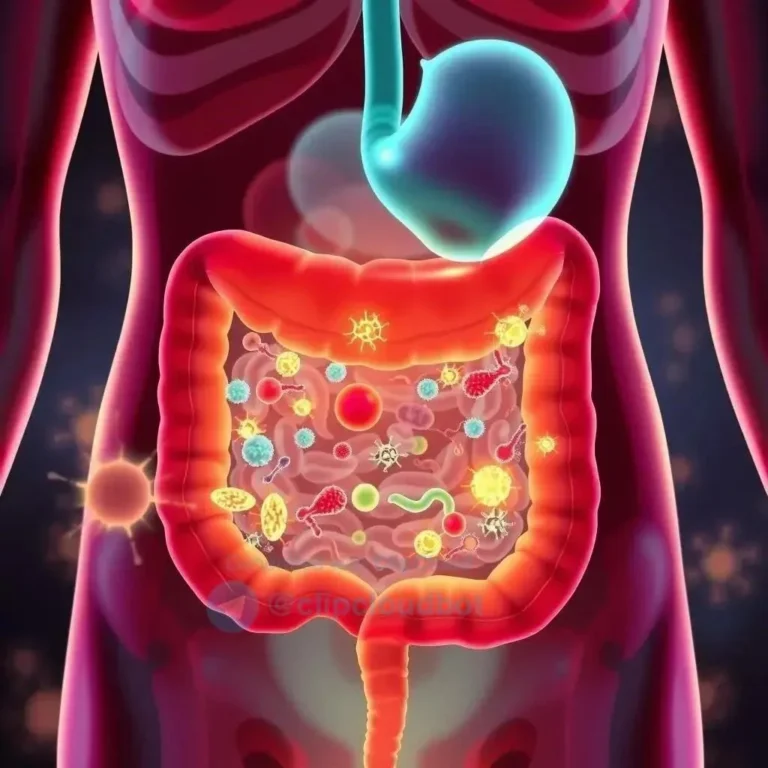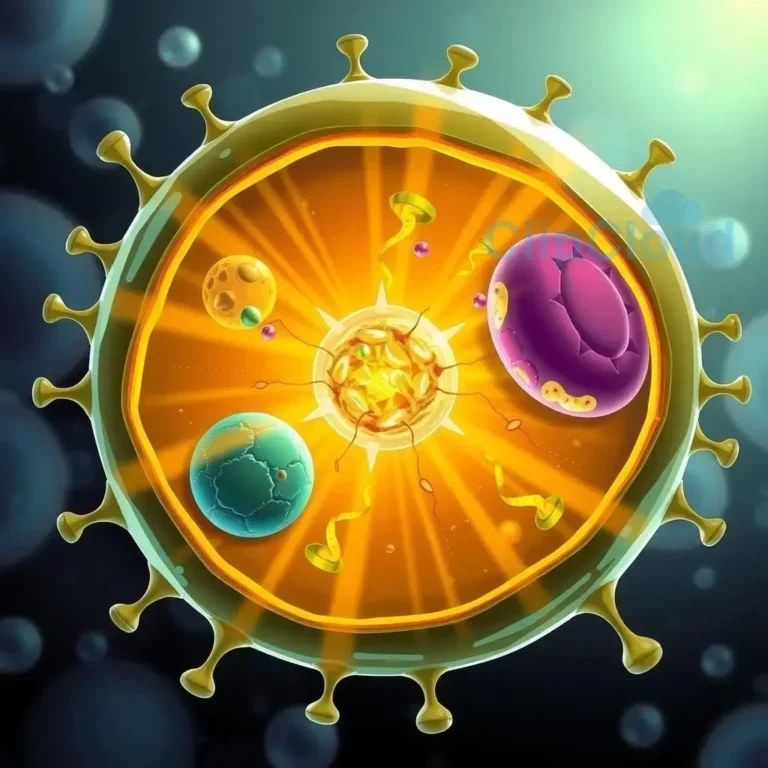Next-Generation Nutrition: Exploring the Future of Health Supplements
The landscape of health and wellness is rapidly evolving, driven by groundbreaking research and technological advancements. We’re entering a new era of nutrition, where cutting-edge supplements promise to optimize human potential like never before. This exploration delves into the exciting possibilities of next-generation nutrition and its impact on overall well-being.
The Rise of Longevity Supplements
Driven by a global desire for a longer, healthier lifespan, the market for longevity supplements has exploded in recent years. These supplements, often grounded in cutting-edge scientific research, aim to go beyond simply addressing nutritional deficiencies and instead target the underlying biological processes of aging. This burgeoning field offers a tantalizing glimpse into a future where extending our healthspan – the period of life spent in good health – becomes a tangible reality.
Several key factors contribute to the increasing interest in longevity supplements. Firstly, advancements in scientific understanding of the aging process have identified specific pathways and mechanisms that contribute to age-related decline. This knowledge has paved the way for the development of targeted interventions, including supplements designed to modulate these pathways. Secondly, a growing awareness of the limitations of conventional approaches to health management has fueled the search for proactive and preventative measures. Longevity supplements are often seen as a way to take control of one’s health and potentially delay the onset of age-related diseases.
The range of longevity supplements available is diverse, encompassing various ingredients and mechanisms of action. Some popular categories include:
- NAD+ boosters: Nicotinamide adenine dinucleotide (NAD+) is a coenzyme crucial for cellular energy production and DNA repair. NAD+ levels decline with age, and boosting these levels is hypothesized to support healthy aging.
- Senolytics: These compounds selectively eliminate senescent cells, which are “zombie” cells that contribute to inflammation and tissue damage.
- Antioxidants: These molecules protect cells from oxidative stress, a key contributor to aging.
- Telomere support: Telomeres are protective caps on the ends of chromosomes, and their shortening is associated with aging. Some supplements aim to support telomere health.
While the field of longevity supplements holds immense promise, it’s important to approach it with a discerning eye. Thorough research and consultation with a healthcare professional are crucial for navigating the complex landscape of these products and making informed decisions about their use. The future of longevity supplements hinges on rigorous scientific investigation and responsible development to unlock their full potential for promoting healthy aging.
Targeting Aging Pathways: Anti-aging Compounds and Their Potential
The quest to understand and combat the aging process has led to the identification of key biological pathways that contribute to age-related decline. Scientists are now exploring a range of anti-aging compounds that specifically target these pathways, offering the potential to slow down or even reverse aspects of aging. This exciting area of research holds promise for developing targeted interventions that could significantly impact human healthspan and lifespan.
One prominent area of focus is on senescent cells, often referred to as “zombie” cells. These cells have stopped dividing but haven’t died, and they accumulate with age, contributing to inflammation and tissue damage. Senolytic compounds are designed to selectively eliminate these senescent cells, potentially mitigating their harmful effects. Another key pathway involves the decline of nicotinamide adenine dinucleotide (NAD+), a coenzyme crucial for cellular energy and DNA repair. NAD+ boosters aim to restore declining NAD+ levels, potentially supporting cellular health and function.
Other promising areas of research include compounds that target telomere shortening, a hallmark of aging. Telomeres are protective caps on the ends of chromosomes, and their length decreases with each cell division. Strategies to maintain or even lengthen telomeres are being explored as potential anti-aging interventions. Furthermore, research into reducing oxidative stress, a major contributor to cellular damage, is ongoing. Antioxidants and other compounds that combat oxidative stress may play a role in promoting healthy aging.
The development of effective anti-aging compounds requires rigorous scientific investigation. Researchers are employing advanced techniques, including high-throughput screening and genetic manipulation, to identify and validate promising candidates. Clinical trials are essential to assess the safety and efficacy of these compounds in humans. While the field of anti-aging research is still in its early stages, the potential to significantly impact human health and longevity is immense, driving continued exploration and innovation in this exciting area.
It’s important to note that while many of these compounds show promise in preclinical studies, their translation into effective human therapies requires careful and rigorous clinical testing. The future of anti-aging therapies depends on robust scientific evidence and responsible development to ensure both safety and efficacy.
Optimizing Health with Advanced Nutraceuticals
Advanced nutraceuticals represent a significant leap forward in the field of nutritional supplementation. These products go beyond simply providing essential nutrients; they are designed to optimize specific physiological functions and address individual health needs with greater precision. This evolution in nutritional science is driven by advancements in research, technology, and a growing understanding of the complex interplay between nutrition and human health.
One key aspect of advanced nutraceuticals is their targeted approach. Unlike traditional supplements that address broad nutritional deficiencies, these products are often formulated to address specific health concerns or optimize particular bodily functions. This targeted approach allows for greater personalization and efficacy. For example, advanced nutraceuticals may be designed to support cognitive function, enhance athletic performance, improve sleep quality, or boost immune system activity.
Another defining characteristic of advanced nutraceuticals is their utilization of innovative delivery systems. These systems are designed to enhance bioavailability, ensuring that the active compounds are effectively absorbed and utilized by the body. Examples include liposomal encapsulation, which encloses the active ingredients in tiny lipid spheres, and nano-particle delivery systems, which utilize nanoparticles to transport nutrients directly to target cells.
Furthermore, the development of advanced nutraceuticals is often informed by cutting-edge scientific research. This research explores the complex interactions between nutrients, genes, and the environment, leading to a deeper understanding of how specific nutrients can influence health outcomes. This scientific foundation allows for the development of more effective and targeted nutritional interventions;
As the field of nutritional science continues to evolve, advanced nutraceuticals hold immense promise for optimizing human health and well-being. Their targeted approach, innovative delivery systems, and grounding in scientific research represent a significant advancement in the way we approach nutrition and its role in supporting overall health and vitality.
The Future of Personalized Nutrition
The future of nutrition is moving towards a personalized approach, tailoring dietary recommendations and supplement regimens to individual needs. This shift is driven by the recognition that each individual has unique genetic predispositions, lifestyle factors, and health goals that influence their nutritional requirements. Personalized nutrition leverages advancements in technology and scientific understanding to optimize health outcomes with unprecedented precision.
One key element of personalized nutrition is the use of genetic testing. Analyzing an individual’s genetic makeup can reveal valuable insights into their predisposition to certain health conditions, their ability to metabolize specific nutrients, and their overall nutritional needs; This information can be used to develop tailored dietary plans and supplement recommendations that address individual genetic variations.
Furthermore, wearable technology and health tracking devices are playing an increasingly important role in personalized nutrition. These devices can collect data on various health metrics, such as activity levels, sleep patterns, and heart rate variability. This data, combined with information from genetic testing and dietary assessments, provides a comprehensive picture of an individual’s health status and allows for more precise and targeted interventions.
Artificial intelligence (AI) and machine learning algorithms are also being utilized to analyze vast amounts of health data and generate personalized recommendations. These algorithms can identify patterns and correlations that would be difficult for humans to detect, leading to more accurate and effective dietary and supplement strategies.
The integration of these technologies and scientific advancements is paving the way for a future where nutrition is truly personalized, empowering individuals to take control of their health and well-being with unprecedented precision and efficacy. This personalized approach promises to optimize health outcomes and contribute to a future of proactive and preventative healthcare.






